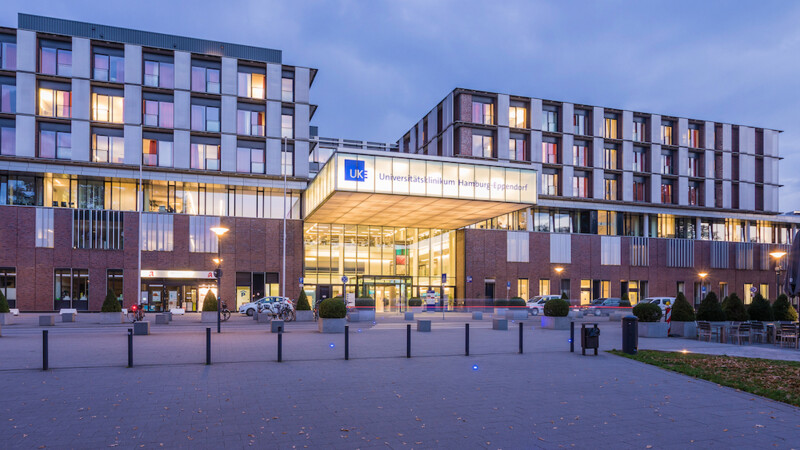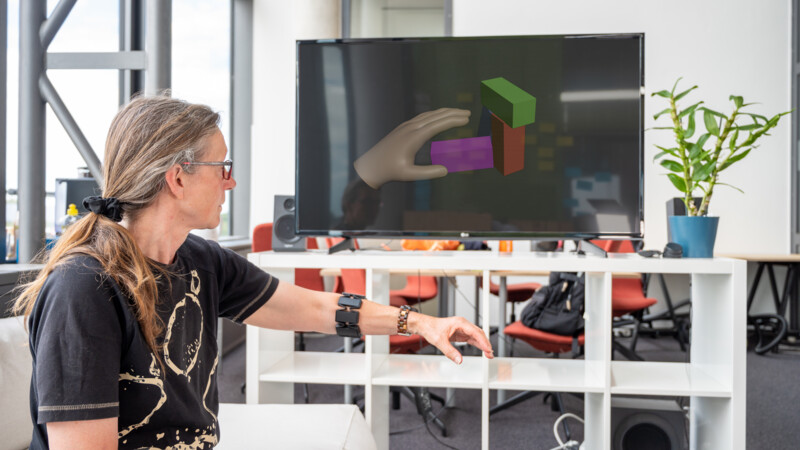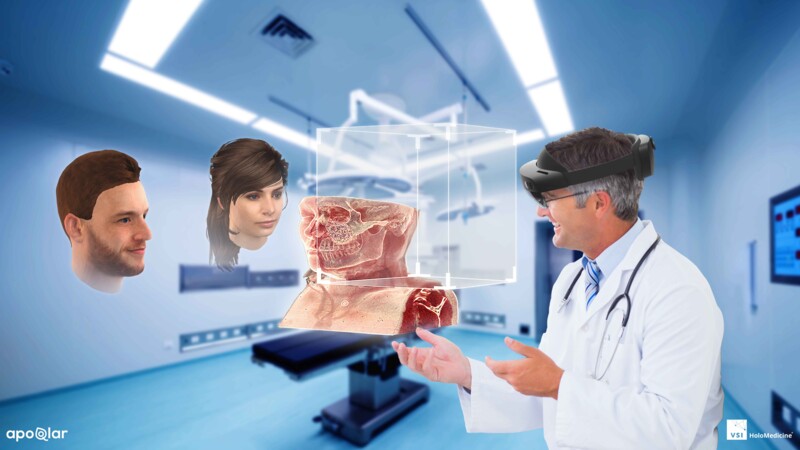The life science sector added EUR 5 billion in value and was generated by around 500 companies, research facilities and institutions with about 52,800 employees, according to the last LSN survey in 2018. That figure is likely to be higher in 2022 as the importance of the cluster grows, according to Walkenhorst. "The life sciences focus on innovative medicine, i.e. pharmacy, diagnostics, as well as medical technology including digital applications, which are of increasing relevance against the background of an ageing society." Significant technological advances such as the breakthrough of mRNA research or the rapidly developing personalised medicine are driving the industry. "And lastly, the pandemic has put even keener focus on the life sciences, not only in Germany, but worldwide," he pointed out.
The Roland Berger manager consultancy has forecast turnover of EUR 1 trillion in the digital health sector worldwide by 2026, according to Statista. Germany is expected to account for EUR 59 billion of that sum and Hamburg is likely to have a significant share therein. "Hamburg is a digital health stronghold. More than a third of all approved digital health applications in Germany, so-called DiGA, come from Hamburg," said Dr Jürgen Walkenhorst, who became Managing Director of Life Science Nord Management GmbH on June 1, 2022. The Life Science Nord (LSN) cluster network creates synergies to boost innovation and value creation in the industrial health industry in Hamburg and Schleswig-Holstein.
Cluster's growing importance
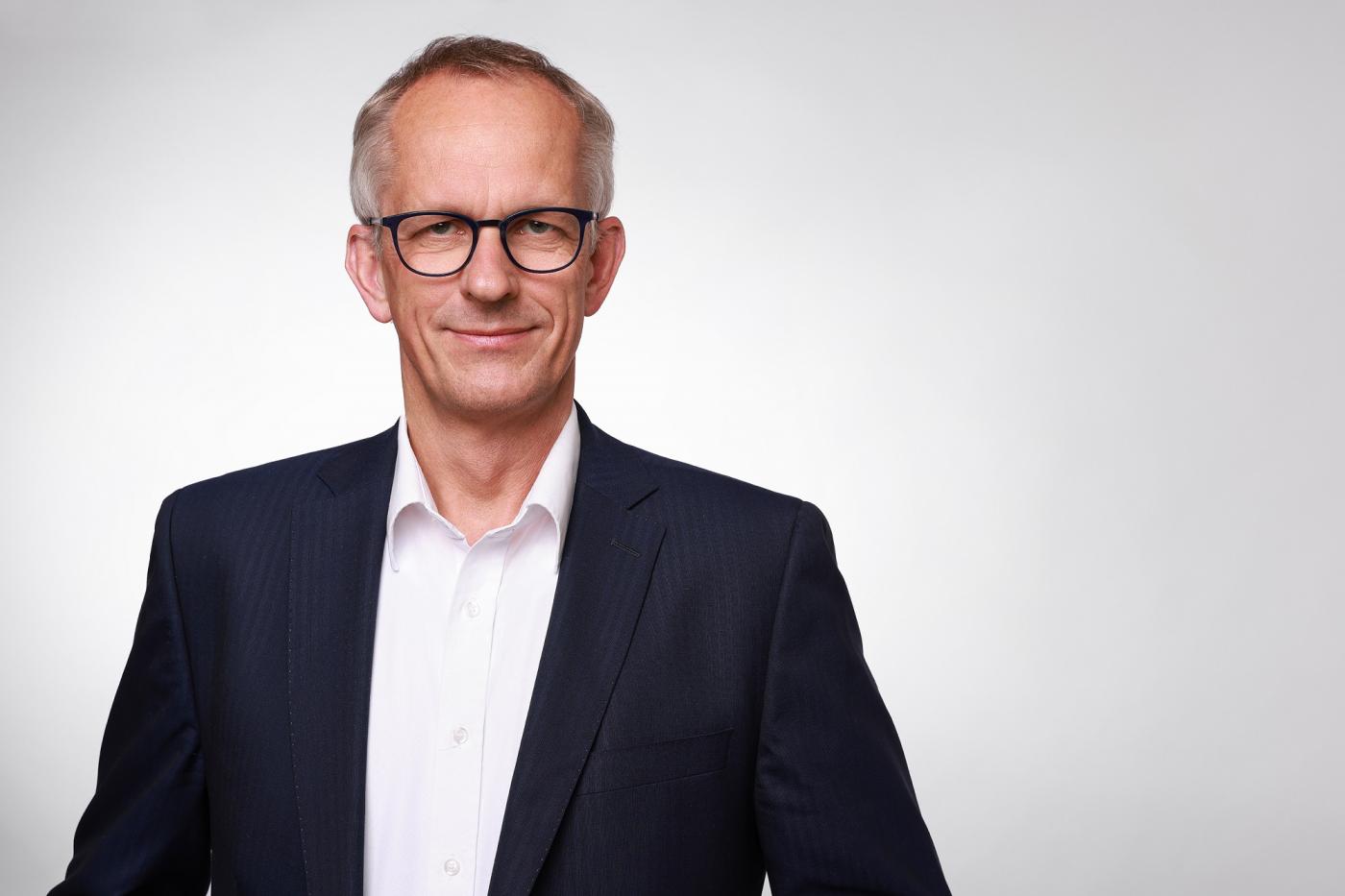
Life sciences strongly science-based
Interest in digital health services has grown in the wake of the pandemic and digitalisation is more important in the life sciences as well. Given this backdrop, Walkenhorst now seeks closer collaborations between business and science and beyond northern Germany to Europe, the United States and Asia. "The life sciences are strongly science-based," he noted, and the Hamburg Metropolitan Region is well positioned in this regard. "Northern Germany has many strong universities, two university hospitals and a high number of non-university institutions such as DESY, the Bernard Nocht Institute, the Borstel Research Centre and the Leipzig Institute for Virology." Infection research is also flourishing in the region, Walkenhorst stressed. Hamburg is among seven German Centers for Infection Research thanks to the great expertise in the north.

Can AI revolutionise healthcare?
The "business side" of the cluster is also well positioned, he pointed out. "The strengths of Hamburg's ecosystem lie in the broad spectrum of companies in the digital health sector from large established firms to start-ups, all of which cross-fertilise and promote innovation." New technologies, such as artificial intelligence (AI), are also increasingly important in diagnostics and developing medicines. The Health AI Hub Hamburg aims to revolutionise healthcare with AI. The attractiveness of the city and the region are key to acquiring skilled workers from Germany and abroad. "Many companies in the region offer good career opportunities. We at Life Science Nord will market this aspect even more robustly on both a national and international scale," he added.
Widespread support offered
Assisting companies with regulatory requirements such as the certification of digital solutions as medical devices is among LSN's other fields of activity. "The requirements are already high and various regulatory steps are being tightened as the European Medical Device Regulation (MDR) takes effect. That also applies to software as a medical device." Thus, it is important to deal with this issue early as regulatory aspects must be taken into account from the start. The LSN working group, Regulatory Affairs, for instance, will meet on September 5, 2022 in Lübeck to help shape existing and regulatory conditions in future for practical purposes and is just one of many seminars and expert advice provided by the cluster.
Upcoming top-class events
Hamburg will also host the North German Dialogue in Medical Technology from September 15-16, 2022. Representatives of industry, consulting, science, testing institutes and ministries are expected at the symposium featuring several keynotes. The LSN will also host its own stand at the Bio Europe trade fair in Leipzig (October 24-26, 2022) and at Arab Health (January 30-February 2, 2023) in Dubai. Walkenhorst is looking forward to another top-class international event namely the annual meeting of the International Society for Stem Cell Research in 2024. The pandemic had forced the 2021 meeting to go virtual. "Now we are looking forward to welcoming about 4,000 stem cell researchers from more than 60 countries in the second quarter of 2024. That is a highlight for the metropolitan region and a perfect starting point for the internationalisation activities of the Life Science Nord Cluster."
ys/pb
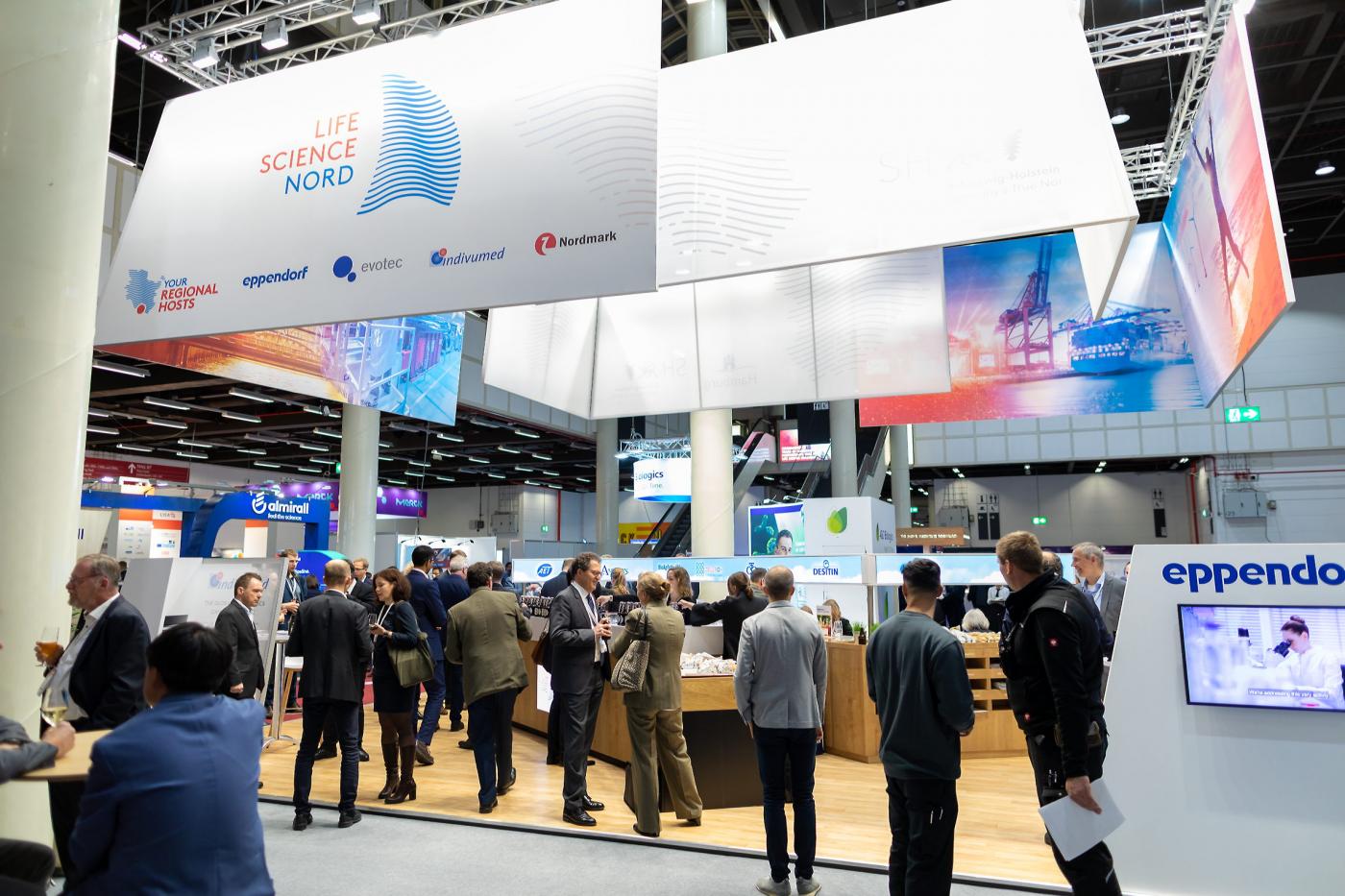
Sources and further information
More
Similar articles
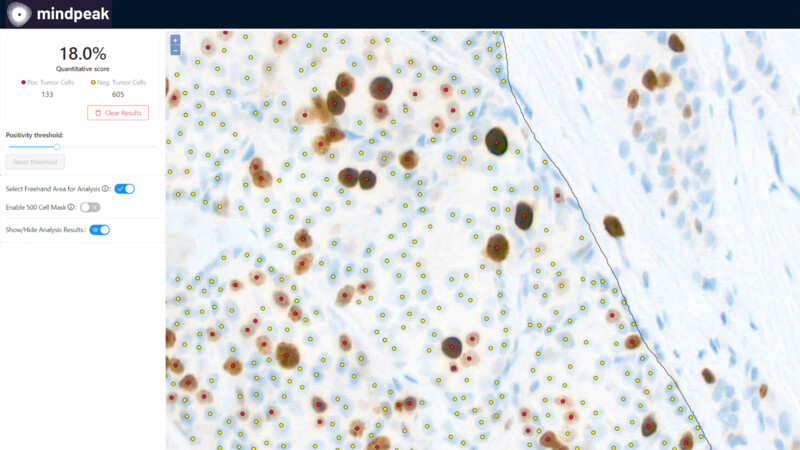
Hamburg's Mindpeak using AI to diagnose cancer
